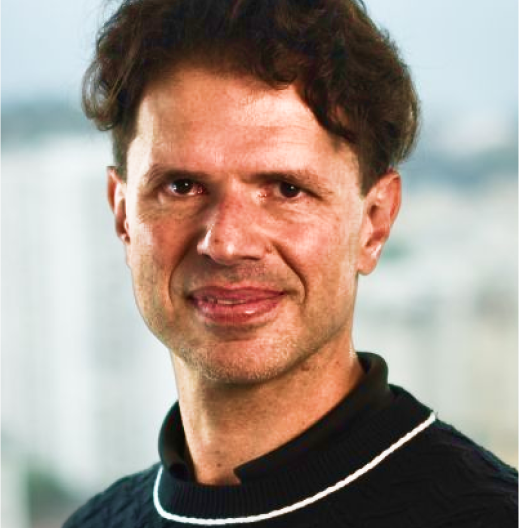The psychologist and author Carol Dweck describes in the book Mindset: The New Psychology of Success (Ballantine Books, 2007) the idea of the growth mindset. The concept proposes that people have either a fixed or a growth mindset. According to Dweck, those with a fixed mindset believe that they are born with certain qualities and deficiencies and that there is not much they can do to develop their talents and abilities beyond what is defined by their genes and temperament. In a fixed mindset, any failure is a shortcoming that must be avoided at all costs. On the other hand, those with a growth mindset see intelligence and talent as primarily the result of hard work and perseverance, and they face mistakes as opportunities to learn and grow.
By advocating that leaders expose their vulnerable side, starting by setting the example himself, Satya Nadella, CEO of Microsoft, has encouraged the concept that failures can be an instrument for improvement, not an obstacle, and that it is always possible to learn and grow.
Satya Nadella often says that he sees three essential characteristics in leaders:
- Being able to see their way out of complex situations, and to describe in a few words what is essential and what needs to be done.
- Having the ability to generate good energy, not in the esoteric sense, but in extracting from the team the potential to be productive.
- Delivering results, making things happen, by promoting innovation, balancing short- and long-term projects, and inspiring teams.
A leader can only be good at certain things, especially as they are often involved in decision-making areas that are quite different from those in which they usually have more technical experience and familiarity. In these areas, the responsible and careful attitude is to ask for help and build teams around you that complement your skills.
When the leadership is aware of its limitations, either on hard skills (technical knowledge) or soft skills (interpersonal relations), there is an opportunity to create a trusted, close team that can compensate for such shortcomings. In the tech industry, even more so than in other areas, it is impossible to master every aspect of a vast field of knowledge. That is why leaders have to rely on specialists with extensive experience in specific subjects to support them and head projects.
Adopting a growth mindset is precisely recognizing weaknesses, knowing which characteristics can be improved on.

Marcus Fontoura
Marcus Fontoura is a technical fellow and CTO for Azure Core at Microsoft, and author of A Platform Mindset. He works on efforts related to large-scale distributed systems, data centers, and engineering productivity. Fontoura has had several roles as an architect and research scientist in big tech companies, such as Yahoo! and Google, and was most recently the CTO at Stone, a leading Brazilian fintech.






